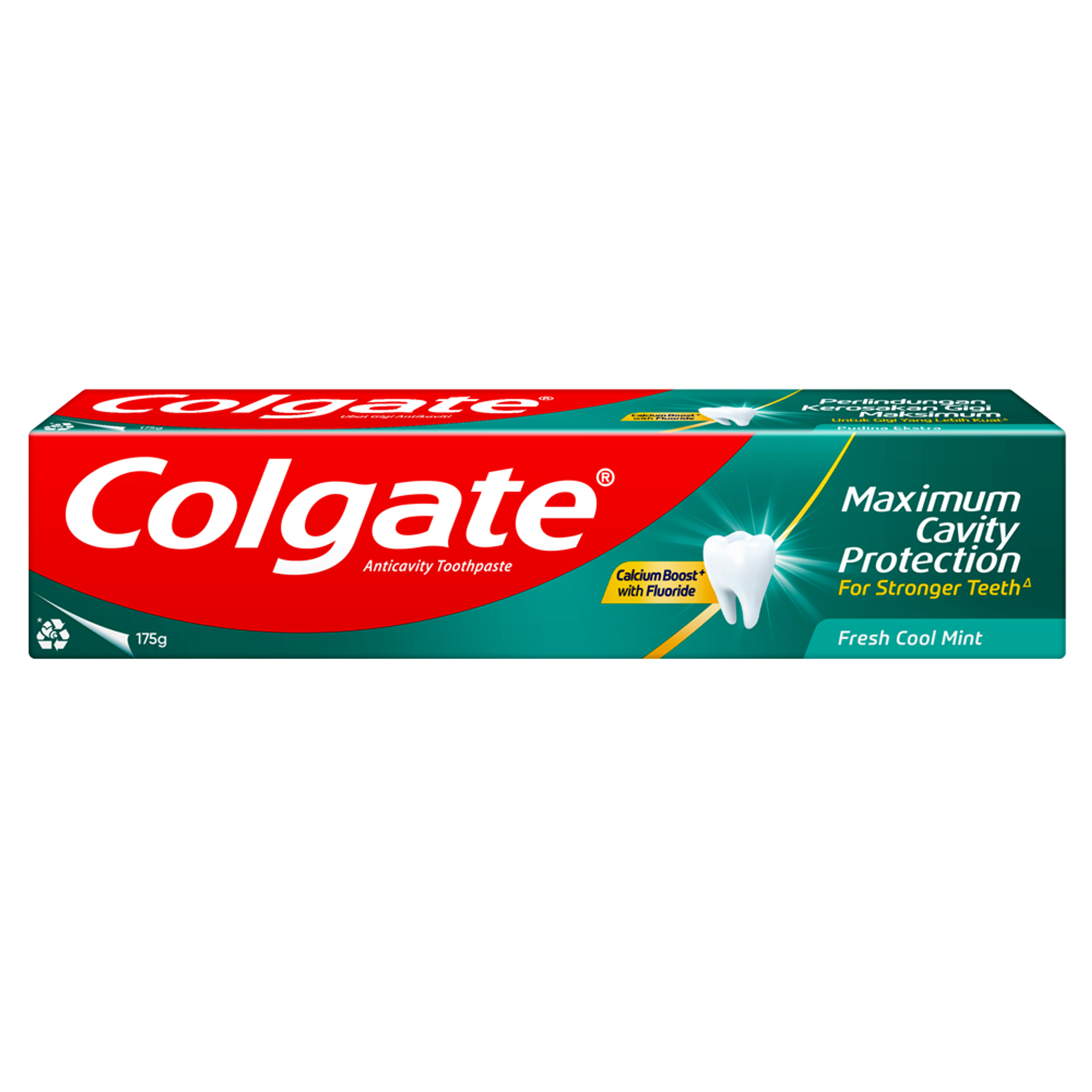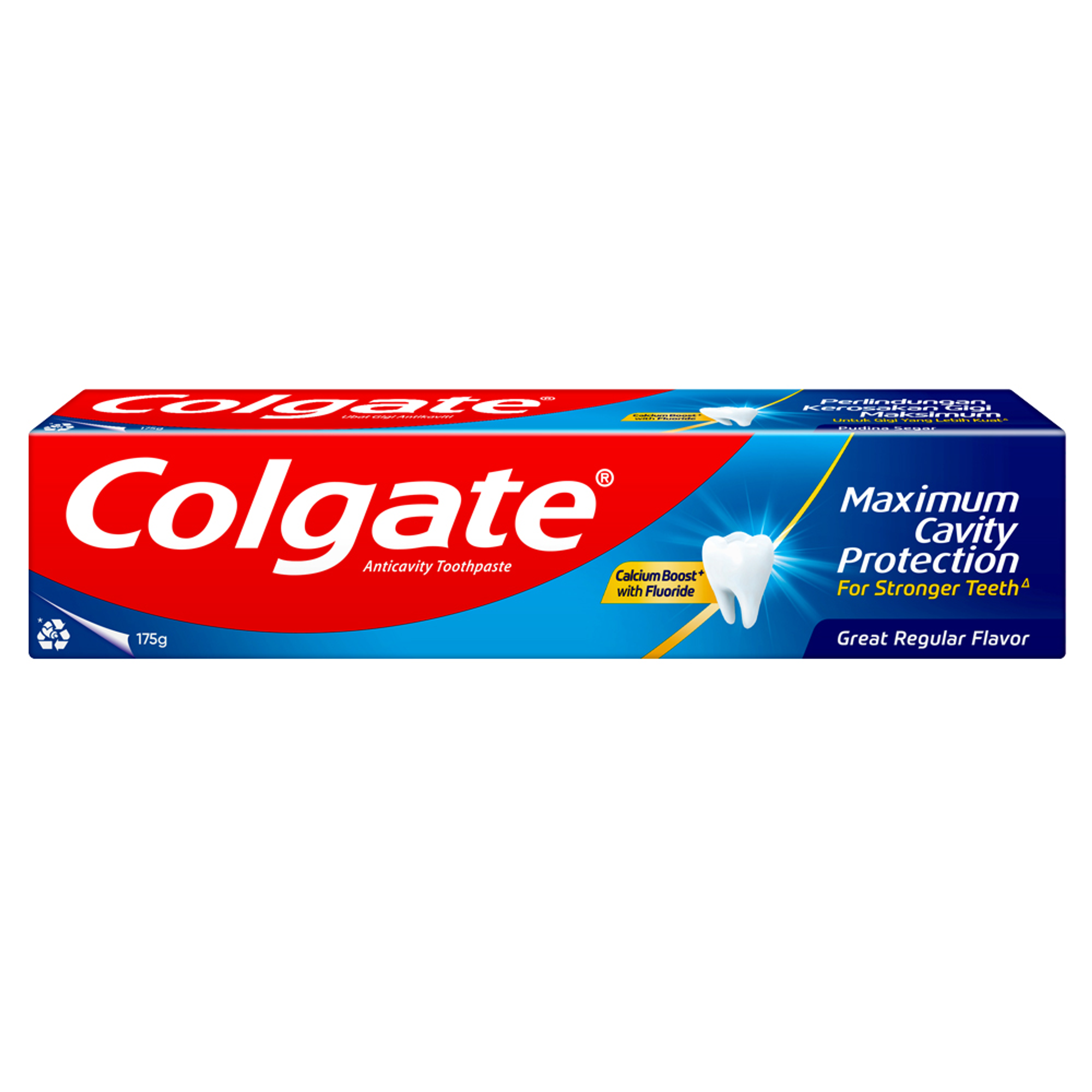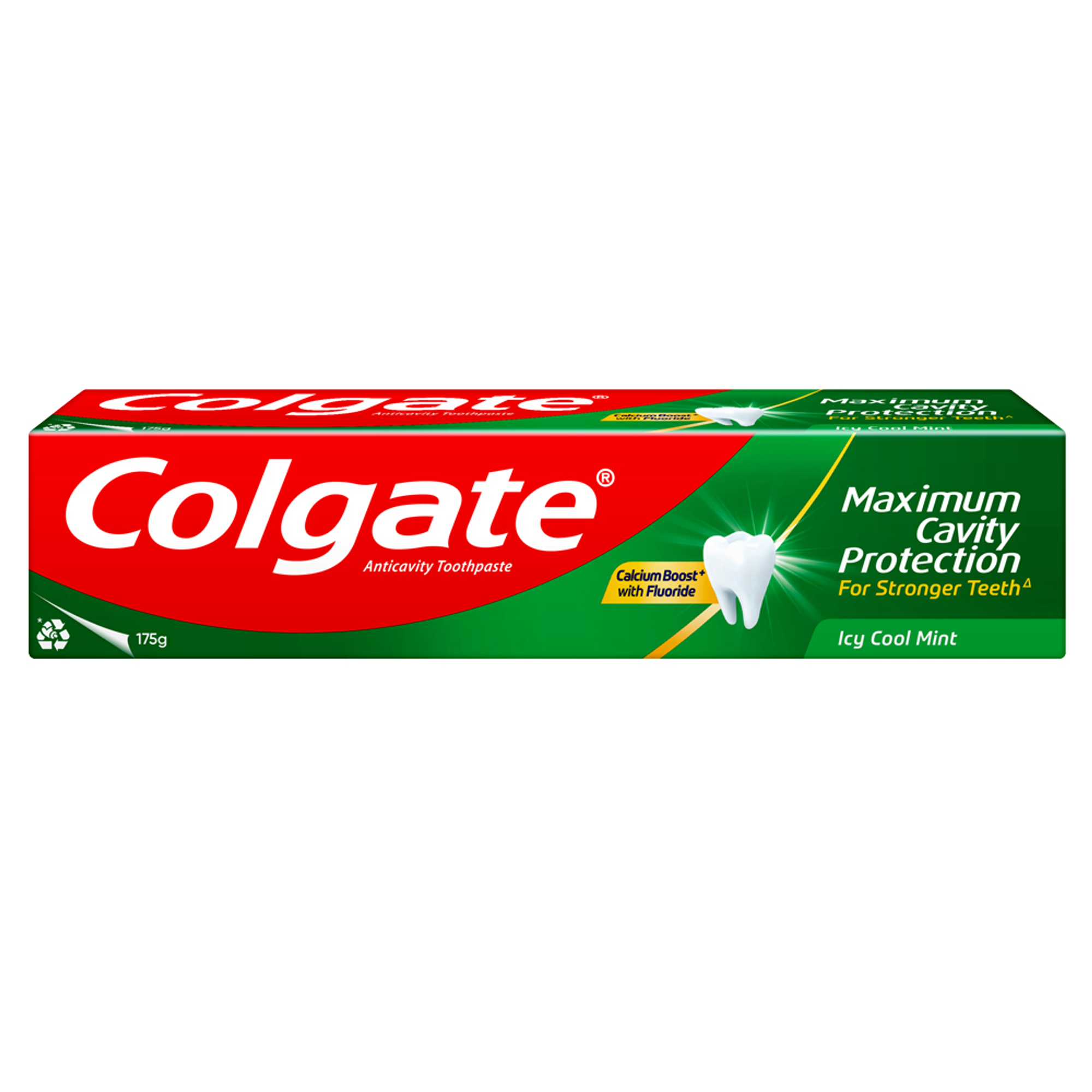Whether you are experiencing discomfort from your wisdom teeth or your dentist has recommended their removal, being informed about the procedure can help you easily get through the process. Continue reading to learn what wisdom teeth are and why it is important to remove them if they are impacted. You can also get insights on how to prepare for wisdom tooth removal and what to expect during the recovery process.
What Are Wisdom Teeth?
Wisdom teeth, also known as third molars, are the last set of teeth to emerge on each side of the jaws towards the back of the mouth. They typically appear when a person is between 16 and 20 years old. Since wisdom teeth are the last permanent teeth to come in, there might not be enough room left in your mouth to accommodate them. This can eventually lead to wisdom teeth becoming impacted, meaning they are trapped beneath the gum tissue by other teeth or bone.
Historically, these teeth are known as wisdom teeth because they come at a later, more mature age. When they come in properly, healthy wisdom teeth can help with chewing. It is normal to experience some discomfort when your wisdom teeth come in, but if you feel pain, you should visit your dentist right away. In such cases where you experience discomfort, a wisdom tooth extraction, a simple extraction procedure performed by a dentist or oral surgeon, might be required to remove one or more of your wisdom teeth.
Why is it Important to Remove Impacted Wisdom Teeth?
During the wisdom tooth eruption, some would not have enough space to come in normally, so they are considered impacted. In such cases, teeth may become twisted, tilted, or displaced as they try to emerge. Sometimes, the crown of the tooth penetrates the bone with the gum still covering part of it, or the tooth may partially erupt, with a portion remaining submerged in the jawbone. At times, the tooth may be entirely encased by the jawbone.
Impacted wisdom teeth do not always show symptoms, meaning you might have impacted teeth without realising it. If symptoms do arise, they usually include pain, swollen and bleeding gums, swelling around the jaw, bad breath, headache or jaw ache, and an unpleasant taste when eating. It is important to consult your dentist if you experience any of these symptoms and get wisdom teeth surgery if required. If left untreated, impacted wisdom teeth can lead to gum disease, tooth decay, and damage to other teeth, including infection and overcrowding. Therefore, wisdom tooth removal is often necessary to prevent these complications.
How Do You Know If You Need a Wisdom Tooth Extraction?
Confused about whether you need a wisdom tooth extraction? Recogniing the signs and symptoms indicating issues with your wisdom teeth is the first step. From pain and discomfort to swelling and other complications, understanding these symptoms can help you make informed decisions about your oral health. According to the American Dental Association, you may need a wisdom tooth extraction if there is evidence of changes in your mouth, such as:
Pain: Persistent pain in the back of your mouth can be a sign that your wisdom teeth are causing problems.
Infection: Partially erupted wisdom teeth can allow bacteria to enter the gums, creating a risk of infection.
Cysts: An impacted wisdom tooth can form a cyst, which may damage the roots of adjacent teeth, mostly the second molars or the surrounding bone.
Damage to neighbouring teeth: If there is not enough room for the new molars, they can cause neighbouring teeth movement, leading to alignment issues.
Gum disease: Improperly erupted wisdom teeth can make it difficult to remove plaque between the new molars, increasing the risk of decay and gum disease.
Tooth decay: Crowded or partially erupted wisdom teeth can be hard to clean properly, making them more susceptible to decay.
If you notice any of these symptoms, it is important to consult with your dentist about getting your wisdom teeth removed. It is always good to schedule regular dental check-ups twice a year so that your healthcare professional can examine the growth of your wisdom teeth and provide advice. However, getting your wisdom teeth removed when you are young may be healthier in the long run, as you will risk fewer complications than older adults.
How Do You Prepare for a Wisdom Tooth Extraction?
While preparing for a wisdom tooth extraction can be a challenging experience, having an understanding of what to expect can help you prepare for the process. Depending on your situation, your dentist may first require X-rays to determine the exact position of your wisdom teeth and may perform the office procedure or suggest you consult with an oral surgeon.
Here are some important questions that you may want to ask when you meet your dental professional:
How many wisdom teeth need to be removed?
What type of anaesthesia will be administered during the procedure?
How complicated or in-depth is the extraction process?
What is the estimated duration of the procedure?
Has there been any damage to the adjacent teeth?
What is the estimated wisdom tooth extraction cost in Singapore?
What is the likelihood of experiencing nerve damage?
Will additional dental treatments be necessary in the future?
What is the average recovery time for healing and returning to regular activities?
What Are The Risks of Wisdom Tooth Removal?
While, in most cases, the removal of wisdom teeth does not result in long-term complications, it is important to be aware of the potential risks that can arise after the procedure. If you have concerns about the risks involved, discussing them with your dentist or oral surgeon can provide reassurance and help you prepare for wisdom teeth surgery.
Swelling: Many people may experience swelling in their mouth or cheeks for a few days after wisdom tooth surgery. This swelling is usually temporary and does not last long.
Infection: There is a risk of infection at the extraction site. If you experience pain accompanied by swelling or bad breath, the wound could be infected. In severe cases, this infection may even restrict mouth opening.
Dry socket: This condition occurs when the post-surgical blood clot dislodges from the surgical wound (the socket), exposing the bone below. This can result in significant pain and delay the healing process.
Nerve damage: Nerve and blood vessel damage can occur during the wisdom tooth removal process. This can cause bleeding and temporary numbness in the tongue or face.
Wisdom Tooth Removal Procedure
Understanding the wisdom tooth removal procedure could help reduce any anxiety that you may have about the oral surgery. Here is what to expect during and after the extraction:
Sedation: The dentist or oral surgeon will recommend either general anaesthesia (“going to sleep”) or local anaesthesia to numb the area in your mouth.
Extraction Process: Once the anaesthesia has taken effect, the oral surgeon will begin the extraction. The oral surgeon makes an incision in the gum line, creating flaps to expose both the tooth and the underlying bone area. Sometimes, they may need to remove a portion of the bone that blocks access to the tooth. The tooth may be divided into sections for easier removal.
Debris Clearance and Stitching: The dentist clears away any remaining debris from around the gum line or the bone. Then, the wound is stitched up.
Gauze Application: After the tooth (or teeth) is removed, you may be asked to bite down softly on a piece of gauze for 30 to 45 minutes to control any extra bleeding and help with clotting.
Recovery Instructions: Your dentist may also provide you with post wisdom tooth extraction care instructions post-surgery. This may include instructions on managing pain, as well as guidelines on what to eat, such as soft foods, and what to avoid during the healing process. Painkillers, antibiotics, and an antiseptic mouthwash are typically prescribed to make wisdom tooth extraction recovery easy.
When to Call Your Dentist or Surgeon?
If you are experiencing these signs or symptoms after your surgery, contact your dentist or oral surgeon immediately.
Fever
Swelling that worsens after several days
A loss of feeling or a persistent kind of numbness
Ineffectiveness of the prescribed pain medications against pain
The presence of pus gathering within the socket or oozing from the wound
Warm salt water rinsing not effective for a bad or lingering aftertaste in your mouth
In conclusion, understanding the wisdom tooth extraction procedure and its risks is crucial for preventing complications like impaction or infection. Practising good oral hygiene, including regular brushing and flossing, is essential for long-term dental health. Remember to book an appointment with your dentist promptly to get regular dental check-ups if you experience discomfort or notice signs of impaction to ensure timely treatment and optimal dental care.
Frequently Asked Questions
1. How long does it take to recover from wisdom tooth extraction?
Recovery from wisdom tooth extraction generally takes about one to two weeks. However, most individuals can return to school, work, and other activities within three to five days. Your surgeon will provide you with specific postoperative instructions to ensure a comfortable healing process.
2. Is it painful to remove wisdom teeth?
You may feel some pressure right before the tooth is extracted, as your dentist or oral surgeon will need to widen the tooth socket by gently rocking the tooth back and forth. However, you may not experience any pain during the wisdom teeth surgery because the area will be numbed.
3. What happens when a wisdom tooth is removed?
After wisdom teeth removal, you may experience mild discomfort, slight bleeding, and swelling. Your oral surgeon will provide instructions to help manage these side effects. It is important to consult with your dental professional if the side effects persist.
4. Is it necessary to remove wisdom teeth?
Wisdom teeth are typically removed only if they cause problems or are expected to cause issues in the future. There are no scientifically proven health benefits to removing wisdom teeth that are not problematic. Moreover, wisdom tooth extraction can be unpleasant and may lead to side effects.













